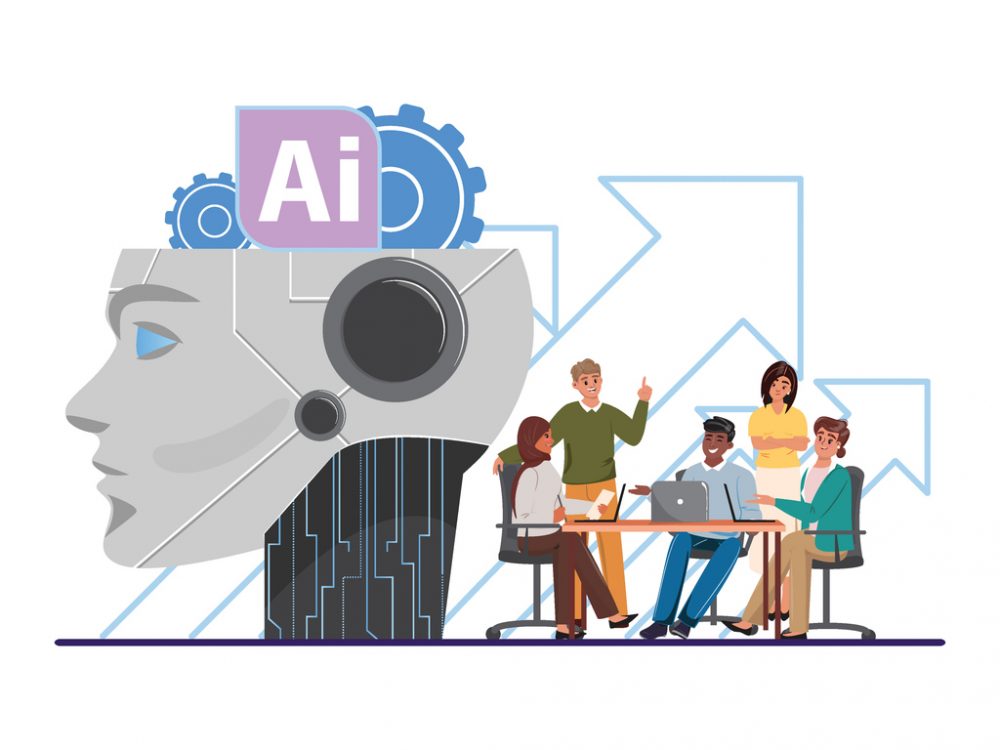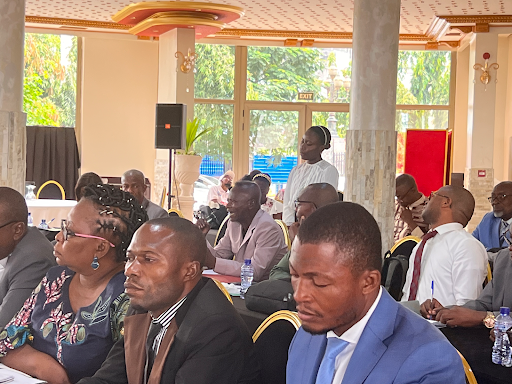Putting Digital Principles into Practice
A few weeks ago, DG co-presented with Samhir Vasdev (World Bank) and Paul Amendola (International Rescue Committee) at the Principles for Digital Development launch event in Washington, DC. Our topic: how do these Principles apply to national governments and local organizations?
We started our session with a complaint. Specifically, if we’re serious about the role of technology in development, why would we lump “national governments” and “local organizations” into the same category? And why was just one session focused on the needs of the most important players in a country’s development? Important questions for all us to consider when we think about for whom we are creating development tech.
Complaints aside, we did have an excellent discussion. In tech for dev, how can we balance the need for profound understanding and innovation on a budget? To help tackle these challenges, our group came up with the following big-picture “Dos” for digital development:
Make your goal matter
We all rhetorically agree that transparency, citizen engagement, and innovation are positive themes in digital development. What oftentimes remains a bit hazy is how those themes are supposed to translate from feel-good jargon to impactful programs.
What do you hope to accomplish by making process X more transparent and engaging, and how is that innovation going to impact problem Y? Transparency for transparency’s sake doesn’t make a convincing selling point. In the case of the Tanzania Sectoral Dashboards, the big-picture goal was to use open, accessible, and understandable data as a motivator for policymakers to prioritize data management and, ultimately, service delivery.
The selling point to the Government of Tanzania wasn’t lip service to transparency and feedback loops; it was allowing the Secretary of Education to see her son’s school, mapped, and compared to schools across the country. Our tools need to make tangible messages click for their target audiences.
Realize you do not understand public schools
As a community we’re getting a bit better at this, but it bears repeating for clarity: when we’re “doing development” in another country, it is always in your interest to try to leverage existing knowledge networks – that means local partners.
While the rationale around this should be obvious, let me try to bring it home a bit via a sidebar anecdote (for US-American readers in particular): A few weeks ago, I was chatting about the challenges of public schools in the US, and the cost implications when thinking about raising kids. My colleague – from Romania – looked at me and asked, completely guileless, “Well, why don’t your lawmakers give more money to the schools, as it’s such an important issue?”
My response? I laughed – even though I probably shouldn’t have. How is a non-US American who moved to DC a few months ago supposed to understand the history of budget cuts and perverse political incentives and weird tax laws that have led to public schools being in such a lamentable state? In the same vein, how is a non-native supposed to wrap her/his head around the nuanced realities of country Z via two weeks and an inception report? Tapping into local networks should be our modus operandi when trying to put digital principles into practice in a meaningful way.
Acknowledge that if you build it, scale will (not always) come
One of the choicest development buzzwords today, the idea of making a project scalable is an important component of any digital design process (see Principle 3), but should definitely not be your goal from the outset. If the end goal of your project in Ayacucho is that it encompasses all of Peru in a year, you run the risk of closing your ears to real, honest, and potentially negative feedback. Just like it took over 99 tries to make a light bulb, not everything can or should be “scaled up” – and that needs to be ok. Better to try, take away, and share lessons learned than force a square program onto a wider round community.
Stop trying to make “tech” happen
Last, and certainly not least – though perhaps the hardest for digital natives to hear – is that technology doesn’t always make everybody’s lives easier. In fact, adding a new tool might be of no use at all, or even make your users’ lives more challenging.
In the IRC’s case, this moment of clarity came when interviewing community health workers in Nairobi. When asked, “What would be most helpful: SMS phones, smart phones, or tablets?” The overwhelming response was “Actually, we just need bicycles.” The key takeaway: try to understand what your (prospective) user’s life is like, and don’t tune out digital red flags.
Share This Post
Related from our library

Beyond Kigali: Where Does Africa Go from Here with AI?
As governments, funders, entrepreneurs, and technology leaders rally around the AI moment and move towards actions, at Development Gateway, we are asking a different set of questions: Where is the data, and what is the quality of the data behind the algorithms? How will legacy government systems feed AI tools with fresh and usable data? Are Government ministries resourced to govern and trust the AI tools that they are being encouraged to adopt?

The Future of Technology Governance and Global Development: Why DG Brought DataReady In-house
DG is excited to announce we now have more robust data governance advisory services with the recent integration of DataReady.

Stakeholder, Where Art Thou?: Three Insights on Using Governance Structures to Foster Stakeholder Engagement
Through our Tobacco Control Data Initiative (TCDI) program and its sister program Data on Youth and Tobacco in Africa (DaYTA), we have learned that creating governance structures, such as advisory boards or steering committees, is one approach to ensuring that digital solutions appropriately meet stakeholders’ needs and foster future stakeholder engagement. In this blog, we explore three insights on how governance structures can advance buy-in with individual stakeholders while connecting them to one another.